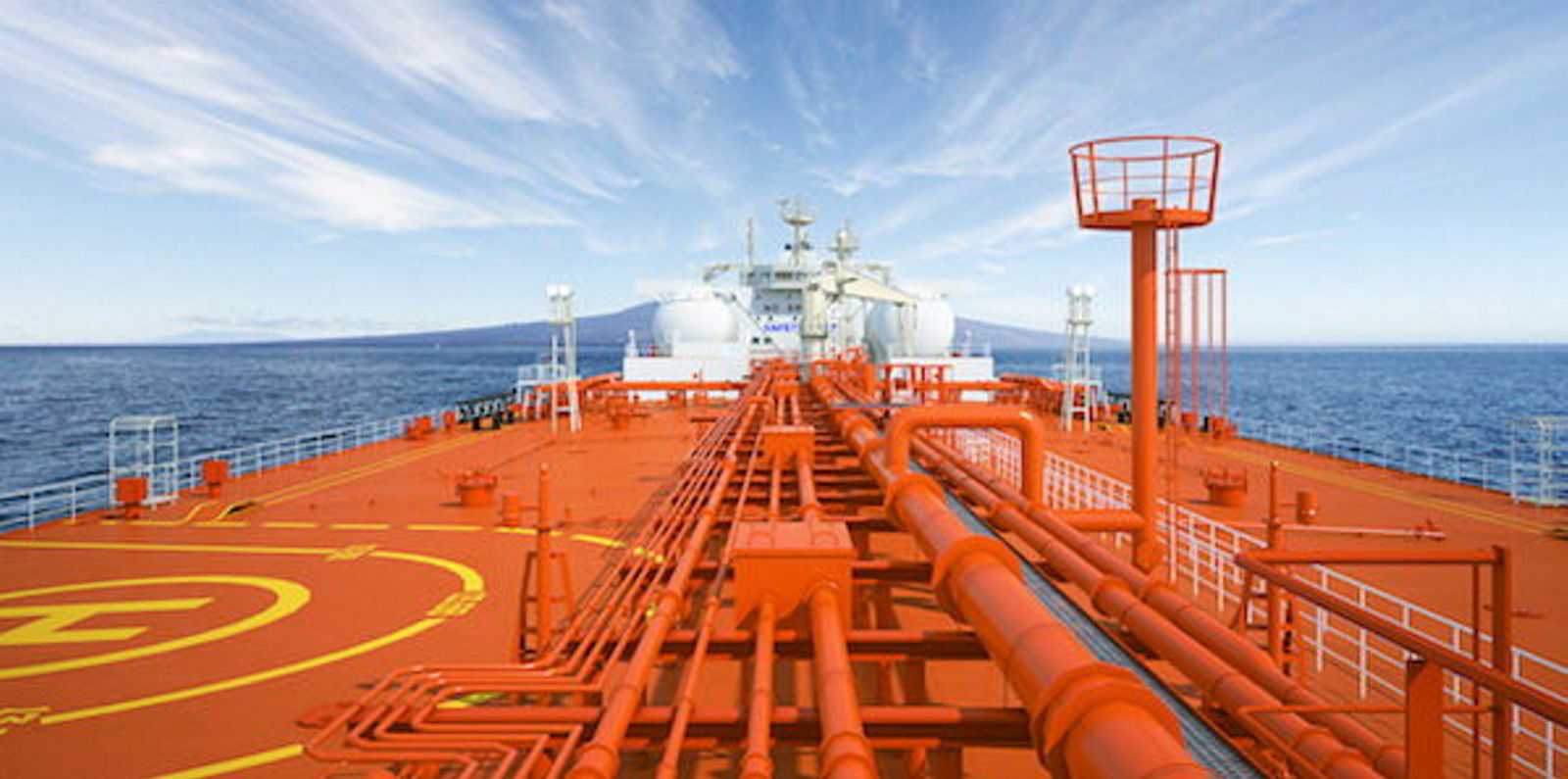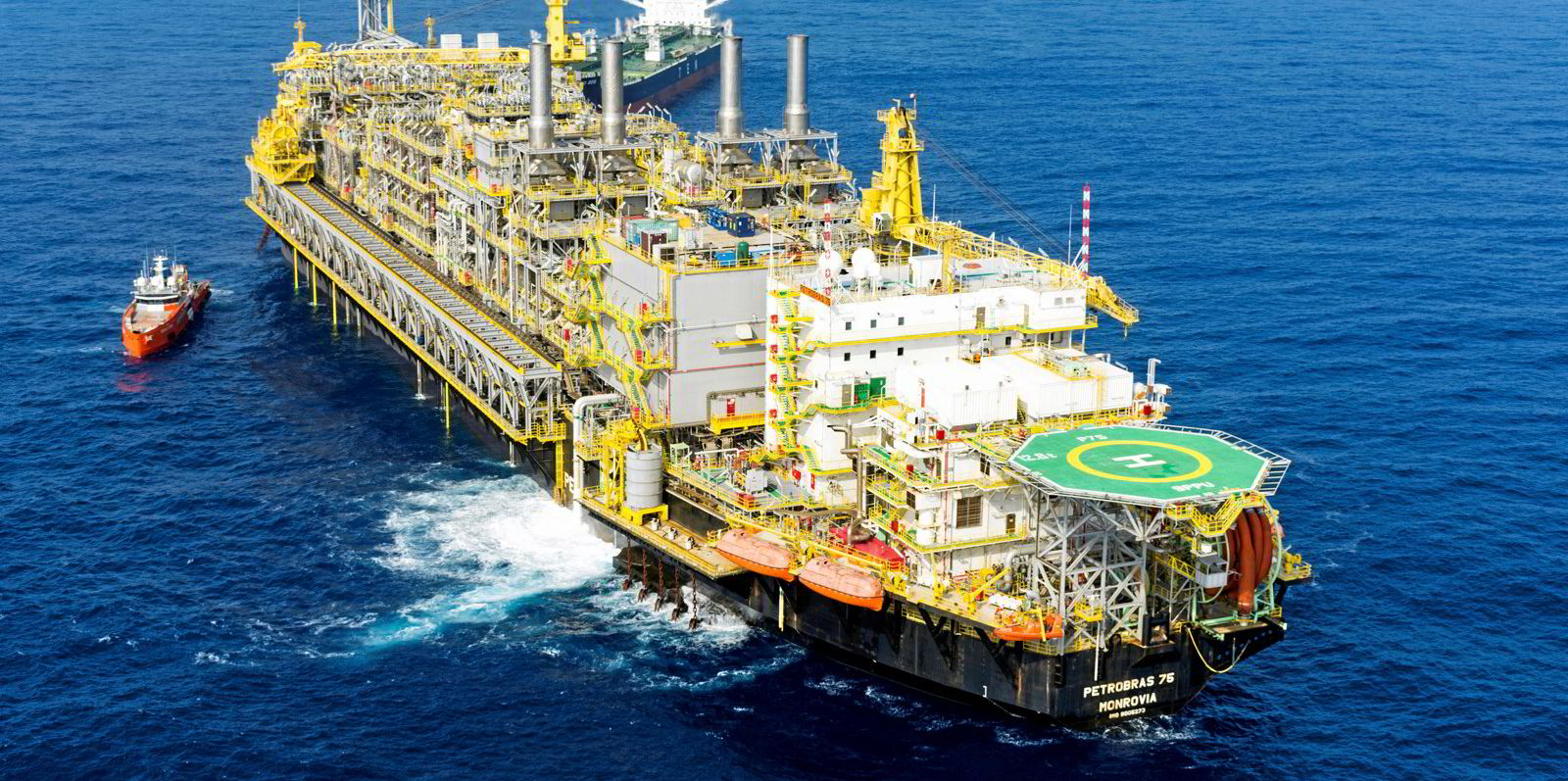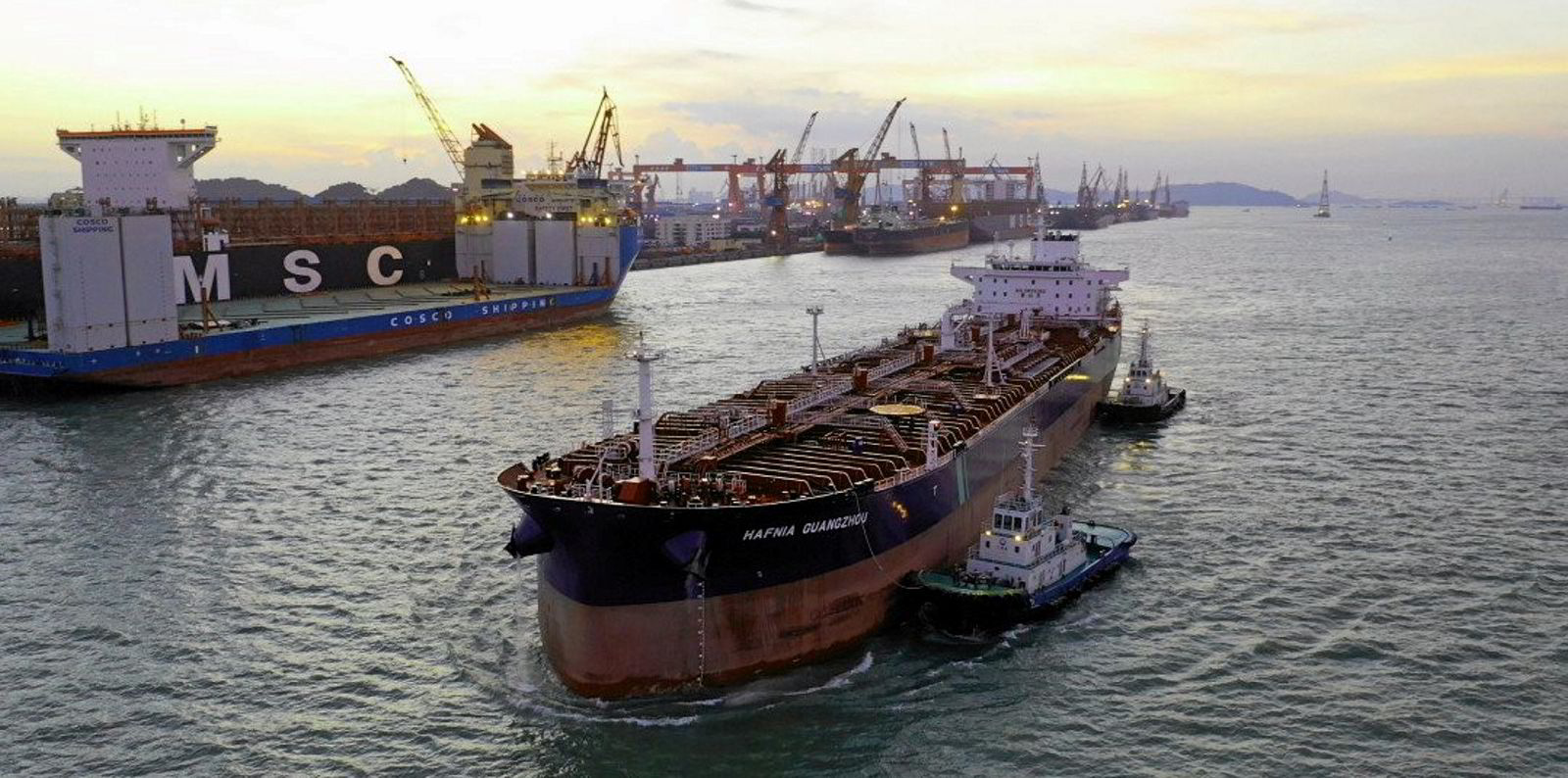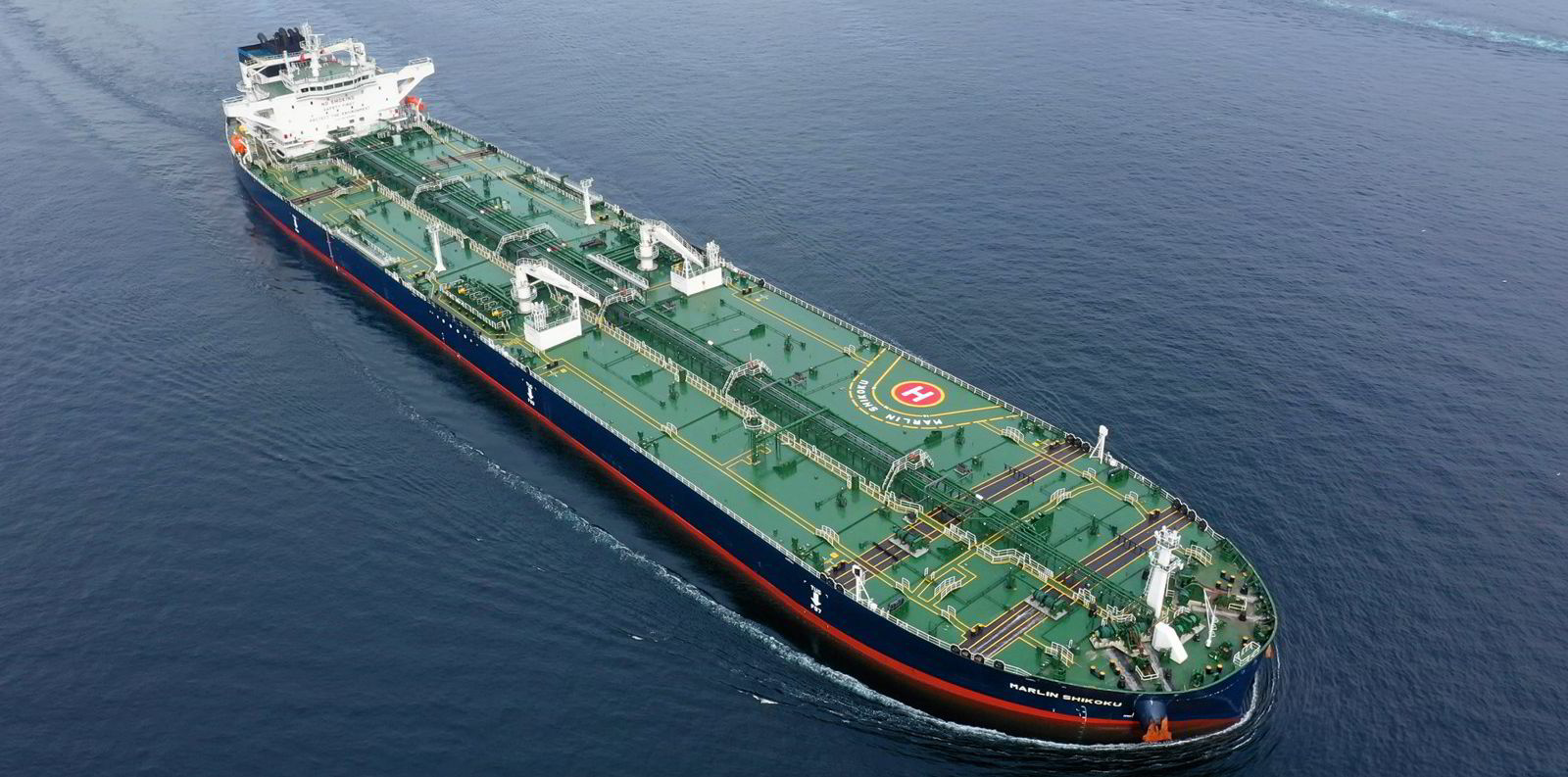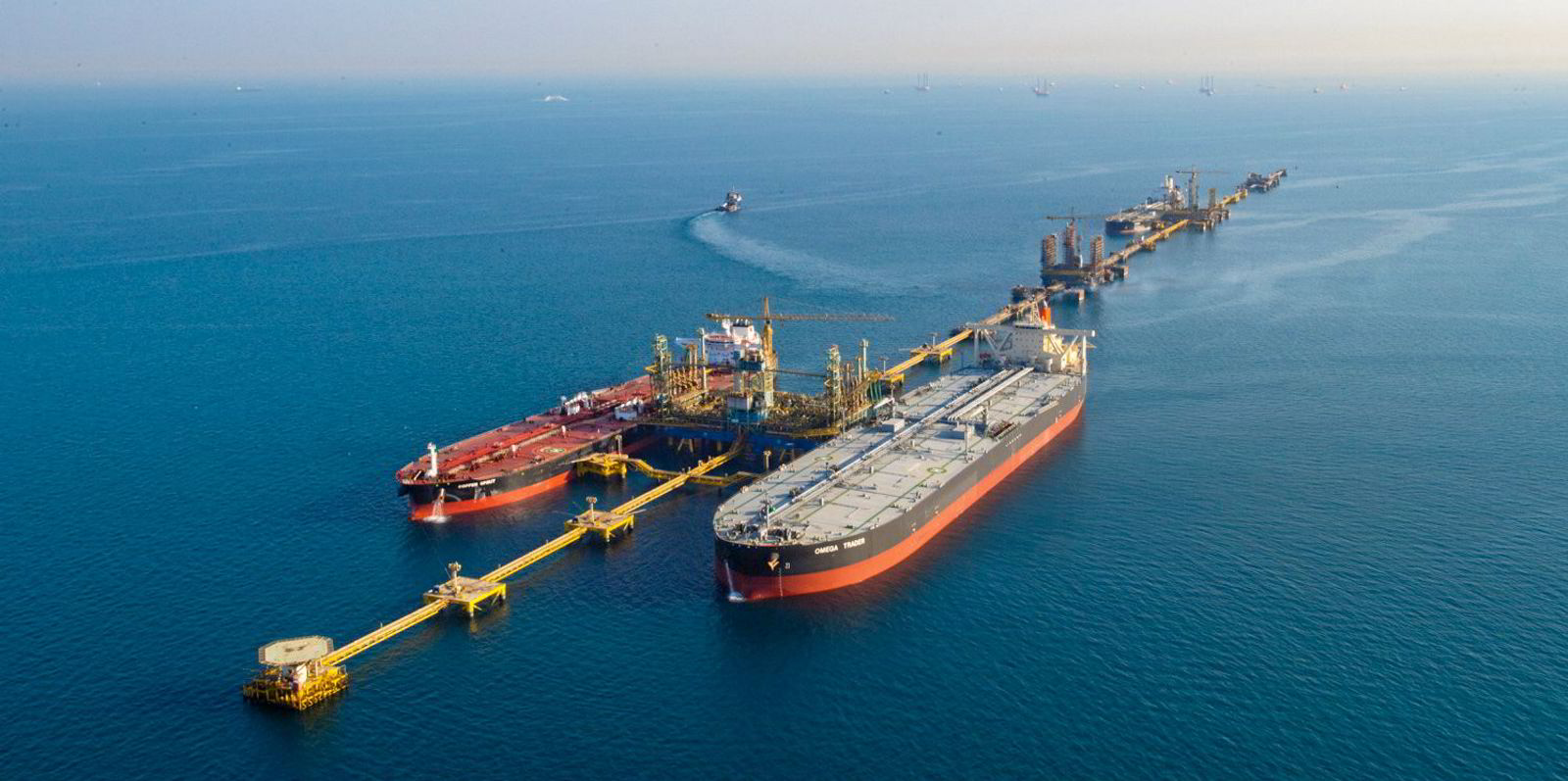Mexico's dreams of energy independence could spell bad news for aframax and MR tankers, a top shipbroker has warned.
Late last year, President Andres Manuel Lopez Obrador announced ambitious plans to make Mexico self-sufficient in refined petroleum products.
"To make this happen, Mexico's state oil company Pemex plans to increase domestic refining capacity and utilisation using more domestic crudes," said Poten & Partners.
"If successful, this could ultimately eliminate both crude oil exports and refined product imports."
The US-based shipbroker said this change could have "significant implications" for the crude oil and product tanker markets.
It said Pemex intends to halve crude exports in 2022 relative to last year and eliminate them altogether in 2023.
Mexican seaborne crude exports have averaged around 1.1m barrels per day (bpd) since 2016, with US Gulf refineries the main customers, accounting for more than half.
Poten said Asian customers and refiners in the Mediterranean account for most of the remaining export flows.
"If Pemex decides to cut exports by 50% this year, it will be important to see where the cuts will take place," it said.
Aframaxes moved 55% of Mexico's exports last year, with suezmaxes and VLCCs each taking 21%. The remaining 3% was done on smaller vessels.
The shorthaul movements to the US Gulf are predominantly done on aframaxes, while suezmaxes are the primary movers of Mexican crude to Spain and Portugal, the broker said.
Customers in India are said to use suezmaxes and VLCCs, while the longhaul barrels moving to South Korea are all on VLCCs.
Product deficit
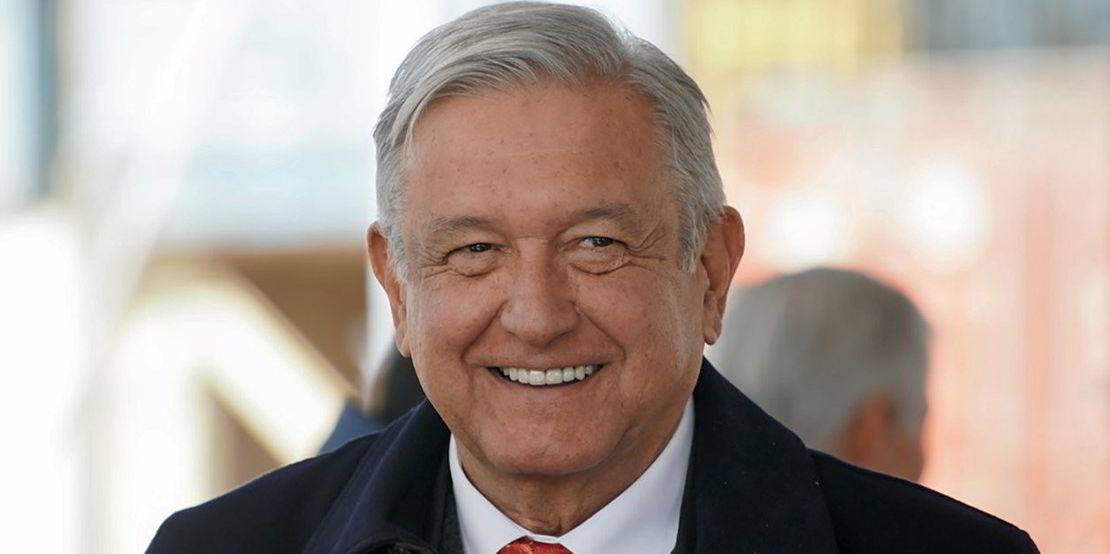
The main US customers of Mexican crude — Chevron, Houston Refining, Phillips 66 and Valero — will have to look elsewhere for their feedstock.
Poten said alternatives include Colombian Castilla, Brazilian Marlim, Arab Heavy from Saudi Arabia and crude from western Canada.
"Depending on the choices that the refiners will make, this could benefit other tanker segments, including suezmaxes and VLCCs," it added.
"If Canadian pipeline crudes are the replacement of choice, that will be a net negative for the tanker market.
"If clients in India and Korea replace the Mexican crudes with shorter-haul supplies from the Arabian Gulf, that will also be a negative for ton-mile demand."
On the product side of the equation, Mexico has a significant deficit that is currently satisfied with imports, primarily from the US.
"Prior to Covid-19, Mexico imported on average some 900,000 bpd of refined products, 65% of which is gasoline and 28% was either gasoil or diesel," Poten said.
"Pemex expects that it can increase the utilisation of its existing refineries from 50% to 75% by 2023 and it will add a new 340,000-bpd refinery in Dos Bocas around the same time."
If Pemex can achieve these targets, Poten said US product exports to Mexico will be sharply reduced, with a detrimental impact on MR employment in the US Gulf.
It said that even if Mexico's highly ambitious plans are delayed or not fully implemented, the country is likely to reduce exports of crude and imports of products by at least several hundred thousand bpd before the end of 2024.
"Owners of aframax tankers and MRs that operate in the US Gulf should be aware of the potential negative impact this may have on their markets," it warned.
